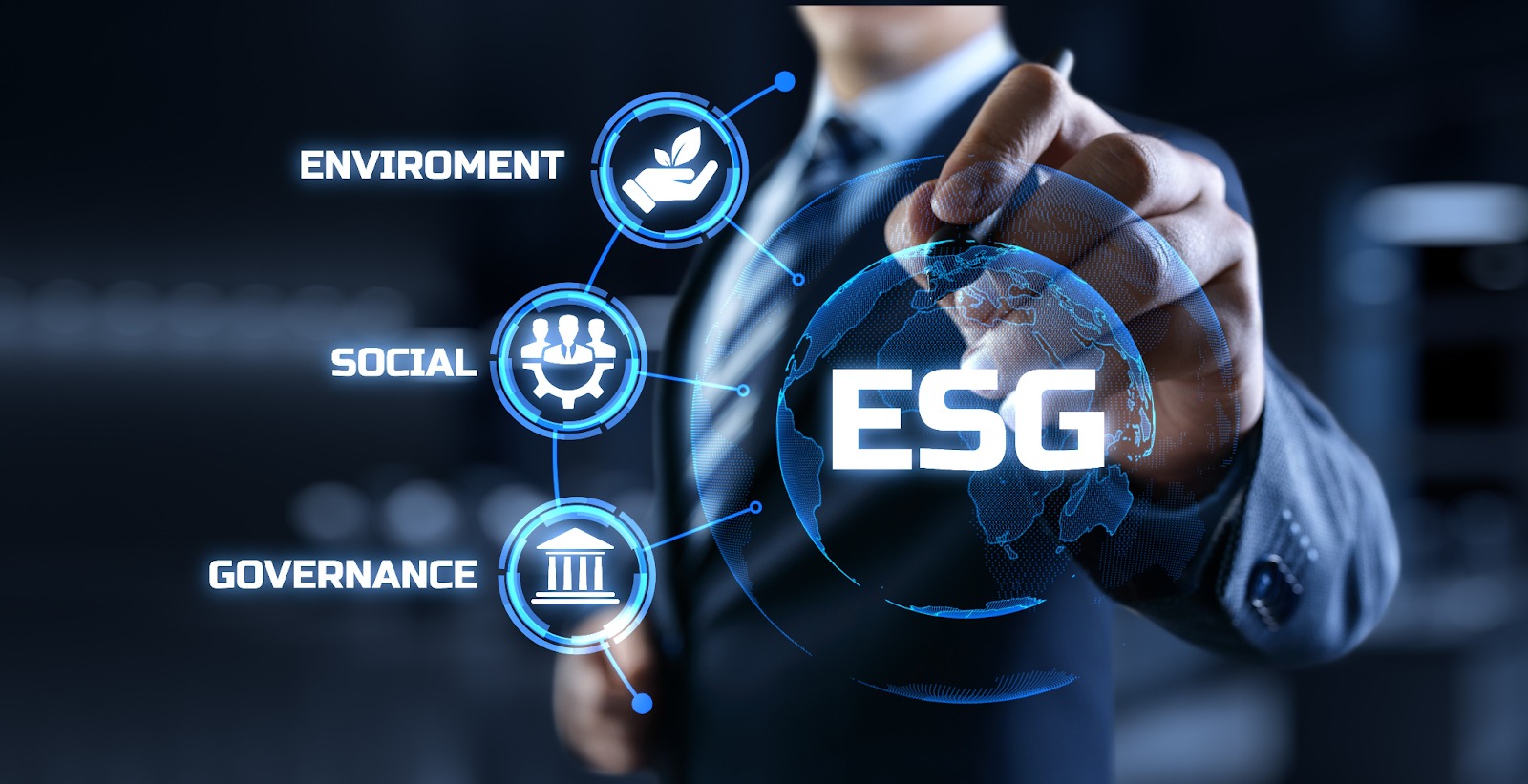ESG Reporting & ISO 27001 Consultants Smarter Risk Compliance

Every day, online activity floods the screens of Australian shops, banks, and tech start-ups. Suddenly, keeping data safe no longer feels like optional housekeeping; it sits right alongside recycling targets, fair wages, and other ESG goals. ISO 27001, the global yardstick for tidy information security, and you’ll see why local boards are paying attention. By lining that framework up with ESG reporting, firms can tidy up risk, boost credit with sceptical investors, and prove that being green and safe isn’t a trade-off; it’s just good business.
Blending Information Security with ESG Mission
Not too long ago, Aussie companies treated their ISO 27001 badges and their ESG scorecards as two separate checklists. That divide is shrinking fast because customers, regulators, and even boards now expect safe data alongside green and fair business promises.
Smart ISO 27001 consultants can steer firms step-by-step toward the certification, then help them keep the information guards up. When the security norms move into the ESG report, a business shows it can lock up sensitive data while still being open about how it governs itself.
In a world where a breach can travel the globe in minutes, treating data safety and social conscience as partners makes sense. The crossover not only tightens cyber defences; it also gives corporate responsibility a practical edge that stakeholders can see.
ISO 27001 and Good Governance for ESG Reporting
The governance part of ESG looks at whether a company does the right thing and keeps its promises. That means being fair, being open, and staying on top of the risks that pop up. ISO 27001 steps right in here as the rule book for running a strong information-security playbook. The standard tells firms what controls they must lock in place to guard sensitive data from leaks or tampering. Plenty of Australian businesses now slide that framework into their ESG plans so they can keep data private and tell investors, regulators, and everyday customers that good governance is a top priority. When a firm earns the ISO 27001 badge, it sends a clear message: protecting information is part of its duty to the public. That badge also helps build trust, showing stakeholders that security and corporate conscience are not just buzzwords.
Boosting Risk Management with Joined-Up Frameworks
In Australia, companies are noticing that ESG reports and ISO 27001 audits are starting to look a lot alike. That shift makes sense: the ISO standard covers anything from cyber breaches to data leaks, while ESG checks name-drop climate impacts, worker rights, and board ethics. When a firm meshes those two playbooks into one dashboard, it suddenly sees both server room threats and street-level reputational hits from the same angle. Such an all-in-one view tightens data privacy controls and makes reacting to curveballs-whether a zero-day exploit or a surprise green law change, feel almost automatic. For most businesses, bringing in an ISO 27001 consultant becomes mission-critical; the expert helps stitch the tech safeguards into the broader brand story, keeping code safe and public trust intact.
Meeting Investors’ Expectations with Comprehensive ESG Disclosures
Today, many investors won’t even consider a company unless it can prove it cares about the environment, people, and good corporate behavior. Cyber safety now falls under the Social and Governance umbrellas because a single data leak can hurt customers and shareholders alike. Australian firms feeling the squeeze are finding that tacking ISO 27001 onto their ESG reports gets the job done and then some. The standard lays out a clear roadmap for protecting sensitive information and shows the world that a business takes both cyberspace and social responsibility seriously. Backing words with a globally recognized badge can boost investor trust, bringing fresh capital when it’s needed most.
Double-Check Your Data Privacy with Two Stars: Compliance and ISO 27001
Australian lawmakers keep tightening the screws on data privacy. The Australian Privacy Principles, part of the old-but-gold Privacy Act from 1988, now sit next to fresh global rules that pop up almost every year. That means any business down under has to juggle home laws and international red tape without dropping the ball.
Many firms lean on ISO 27001 as their safety net. The standard gives them a step-by-step guide for spotting and smoothing out information-security risks. When an expert consultant walks the team through the process, the policy paperwork starts to look a lot less scary. Meeting the technical checklist is good, but the spin-off is even more rewarding: clean data practices help polish a company’s ESG reports and show customers that privacy isnt just a box to tick.
Using Data to Supercharge ESG Efforts
When a company lines up ISO 27001 alongside its day-to-day ESG reports, it suddenly has a clearer view of its digital footprint. The standard builds sharp, well-organised security controls that pour solid numbers into risk files, compliance checklists, and everyday safety logs.
That stream of tidy information is golden for ESG storytelling, especially in the governance and risk chapters. A firm can honestly say its data-shielding steps slash risk, guard customer privacy, and make decision-making a lot more transparent.
For many Australian outfits, mixing the discipline of ISO 27001 with wider sustainability dreams turns boilerplate reports into living proof of ethical choice. The result is a set of numbers and narratives that signal responsible leadership and a genuine pledge to keep the planet rolling long-term.
Future-Proofing Your Business Through Strategic Alignment
Australia Inc. is seeing a giant ESG wave, and riding that wave beats paddling against it. When a firm marries ISO 27001’s data controls with ESG reporting, the result is strong privacy shields plus a clear badge that reads responsible corporate citizen.
That pairing keeps the company ahead of new laws, softens the PR bruises that pop up now and then, and catches the eye of investors who ask the sustainability question first. Hand-in-hand with a savvy ISO 27001 consultant, management can weave security worries and green goals right into the blueprint for long-term growth.
Conclusion
Joining ISO 27001 certification with ESG reporting gives Australian firms a real shot in the arm for their governance and risk routines. When the spotlight is squarely on data safety, ISO 27001 advisors step in to mesh cyber defenses with wider green-and-social goals. This one-two punch stiffens data privacy, shows the market that a company plays fair, and feeds long-haul sustainability. By thinking in these joined-up terms, businesses don’t just dodge the next wave of rules; they polish their public image and gear up for tomorrow’s responsible economy.


